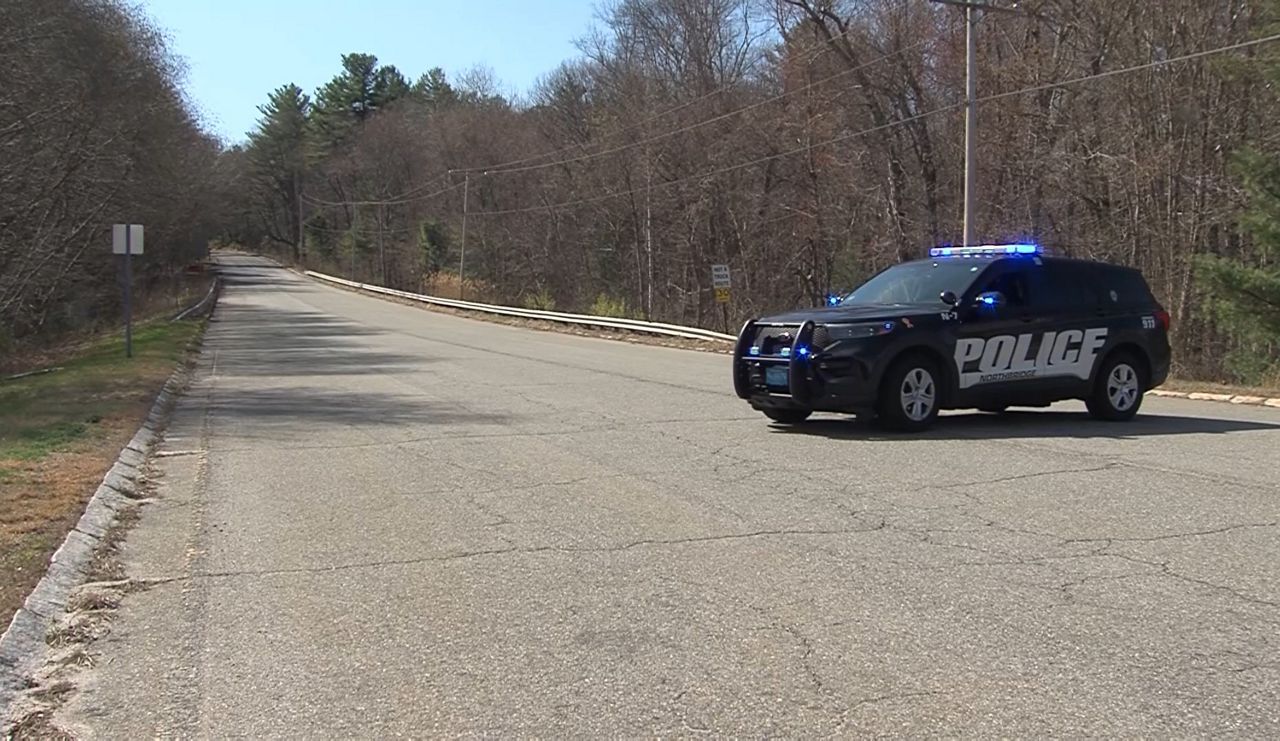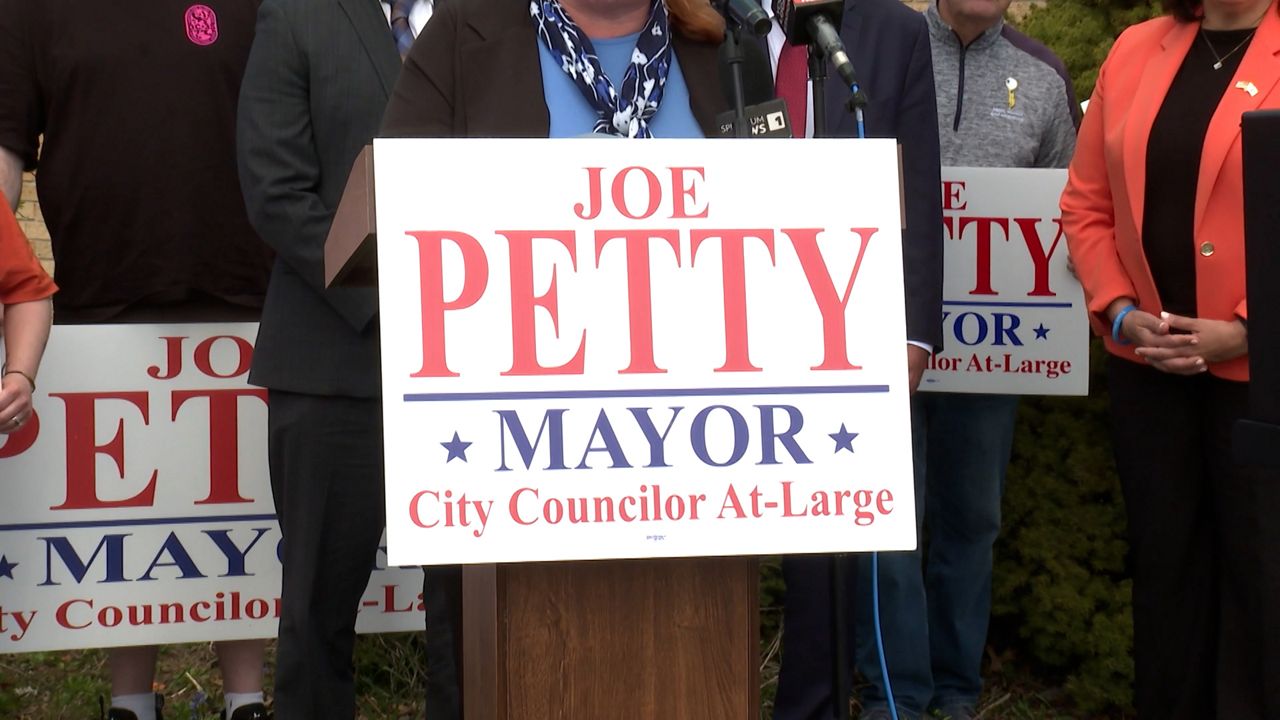HOLDEN, Mass. - Leaders in some local towns are frustrated following a Massachusetts Supreme Judicial Court ruling upholding the MBTA Communities Law.
What You Need To Know
- The Massachusetts Supreme Judicial Court ruled in favor of the state's AG's office in a lawsuit over the MBTA Communities Law
- The law, signed by former Gov. Charlie Baker, is meant to help spur housing production in towns near MBTA hubs
- Some town leaders have expressed frustration over the law, preferring for municipalities to handle their own zoning and planning
- The ruling also mentions the state did not follow correct procedures when creating the guidelines, so they will need to be redone
The law, signed by former Governor Charlie Baker, is meant to help spur housing production in towns near MBTA hubs, but for much of last year, a legal battle between the Massachusetts attorney general and the town of Milton ensued over whether the state had authority to instruct towns how to zone their land.
Towns like Milton, which had held off on submitting multi-family home zoning plans, will now have to do so. A total of 177 towns fall under the law’s jurisdiction, but Holden town manager Peter Lukes had been waiting to submit any plans until the lawsuit was settled.
The court is upholding the law as constitutional, but currently not enforceable because the Executive Office of Housing and Livable Communities did not follow the Administrative Procedure Act when creating the guidelines, and they will need to be resubmitted.
“I don’t think it’ll have a huge negative impact for Holden, but theoretically, in the larger picture, having to do our zoning at the local level based on a one-size-fits-all approach handed down by Beacon Hill elites based on political agendas is something that’s scary for a lot of people,” Lukes said.
The law’s supporters, including the Central Massachusetts Housing Alliance, have said it wouldn’t result in large apartment complexes suddenly popping up in quiet residential neighborhoods, but would allow for an easier pathway to new housing in areas where multi-unit homes might otherwise be voted down.
“The way the law is set up is that communities still have the ability to choose what type of housing goes in that can conform to the character of their neighborhoods,” said executive director Leah Bradley. “The state has also set up a lot of technical assistance to assist towns and communities and really look at what’s best for them.”
CMHA filed a lawsuit against the Town of Holden last year attempting to force them to comply with the law, and even though Holden won, the town is now back in the position of having to comply.
But, as Lukes notes, voters will be weighing in as well. It’s unclear what might happen if they don’t like the plan. He says, based on what he hears from voters, town residents generally have negative feelings about the law.
“At the very least, they're concerned with it, and fearful of what the implications can be,” Lukes said. “Very often, we can't answer what the implications might be because we're not sure ourselves. So it is there is definitely concern among Holden residents.”
In a statement, Gov. Maura Healey called the ruling a major victory for efforts to increase housing and lower costs.
“The MBTA Communities Law is already a success story. [Some] 116 communities have said yes to housing and 3,000 new homes are in the pipeline – and those numbers are going to continue to grow. We stand ready to work with Milton and all communities to help them understand how we will all benefit from the MBTA Communities Law and find ways for them to meet their unique housing needs. Together, we are going to make housing more affordable for all of the people who keep our communities strong – our teachers, nurses, first responders, small business owners, seniors and families.”












